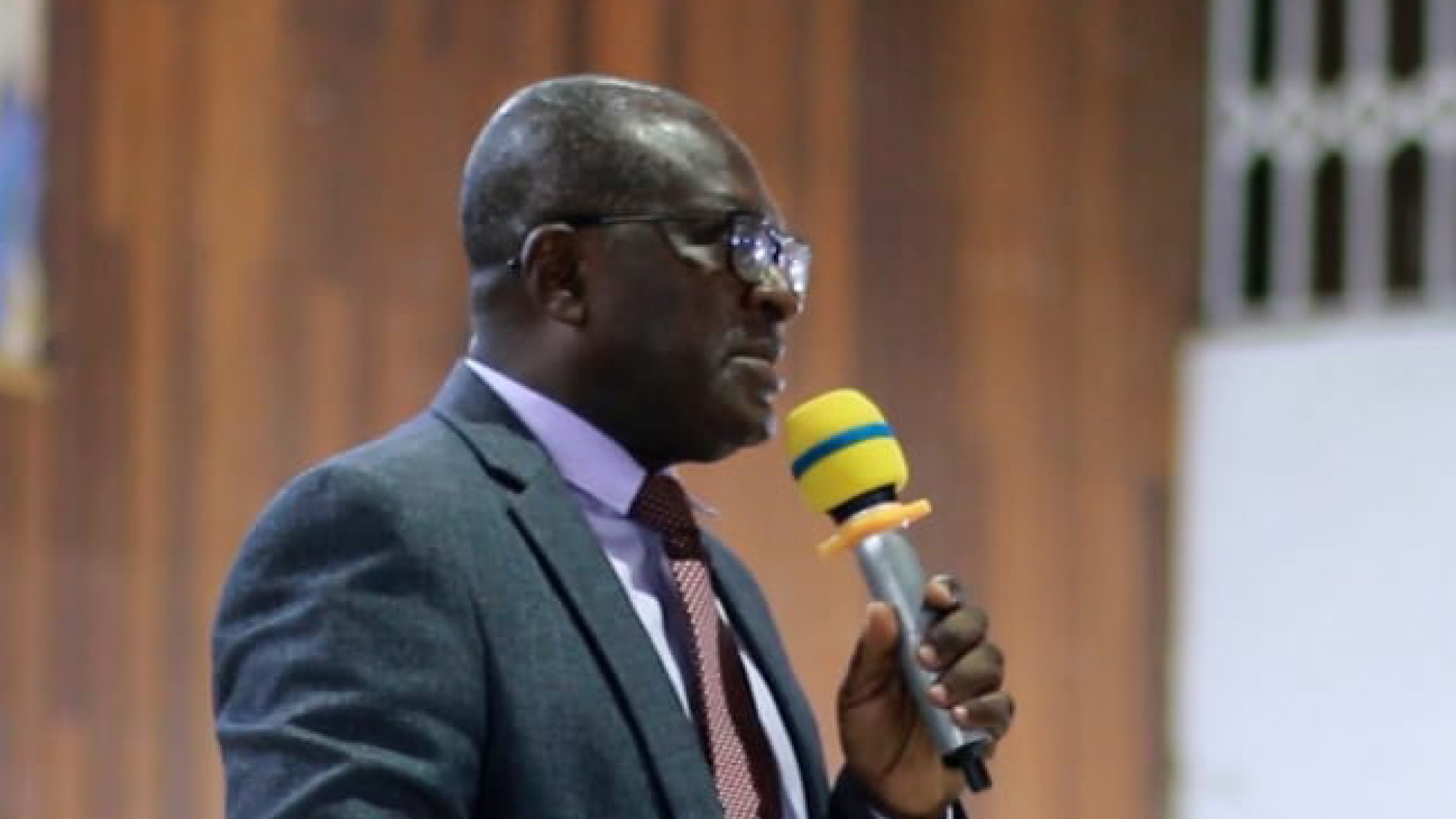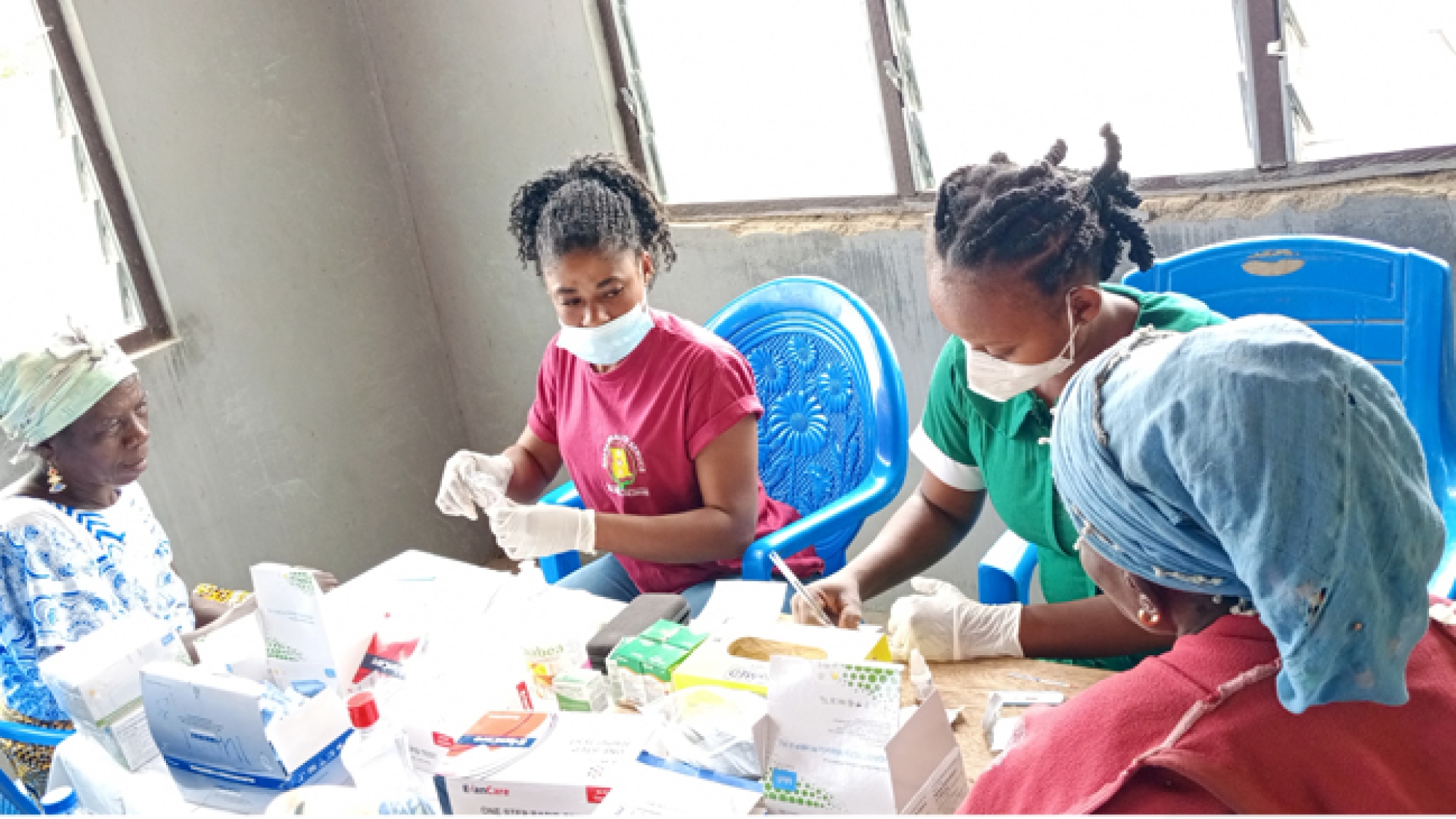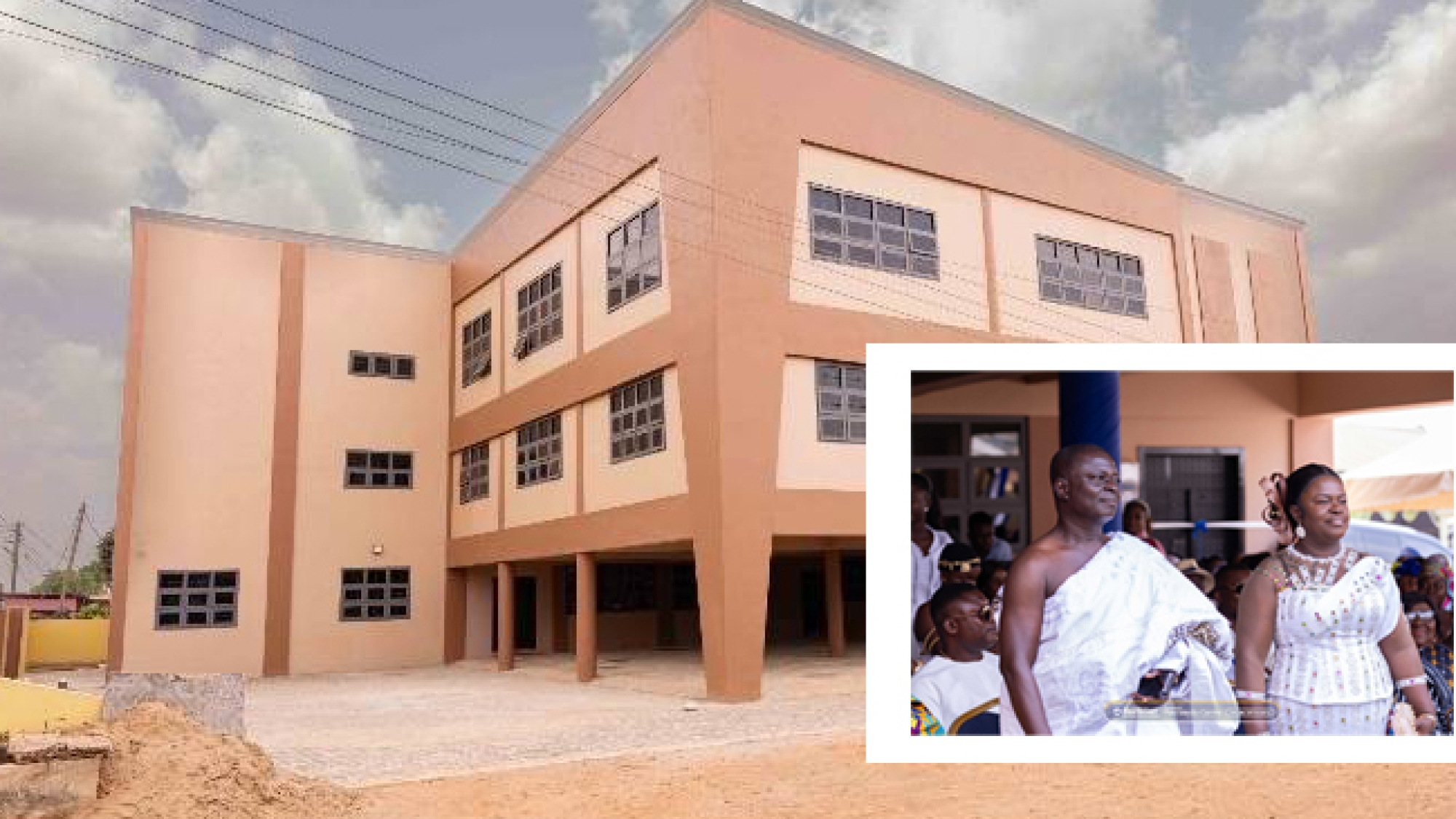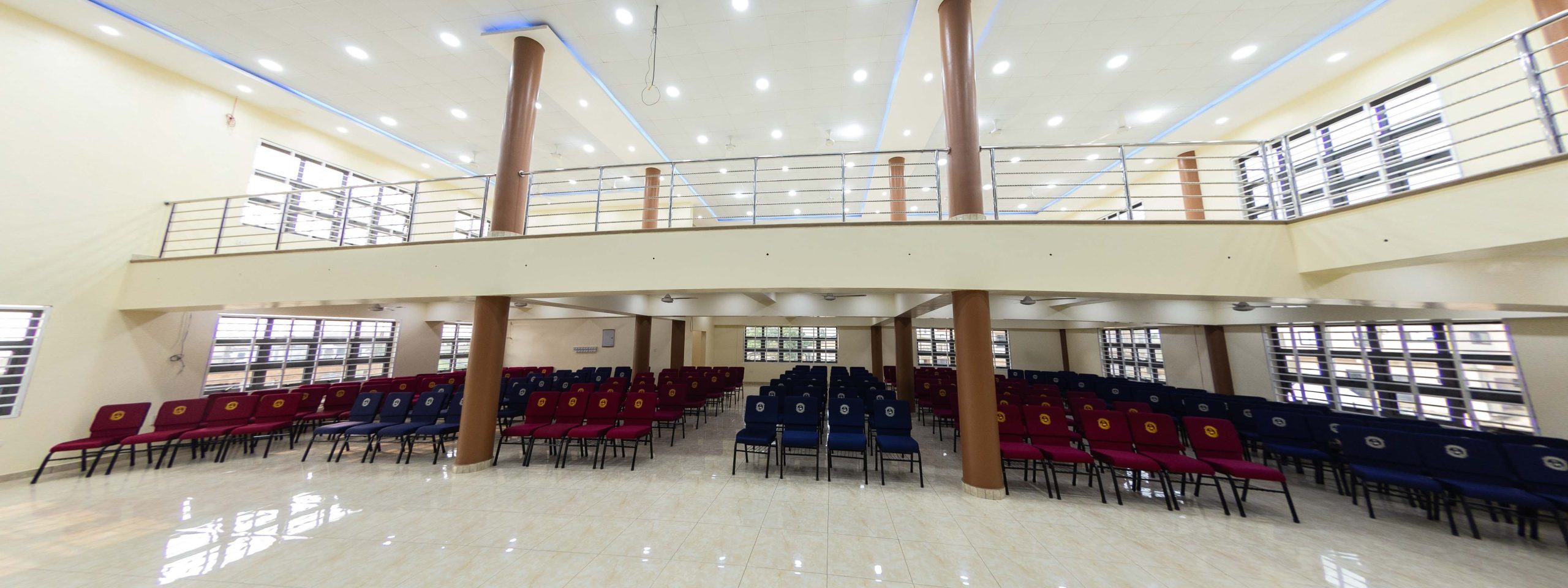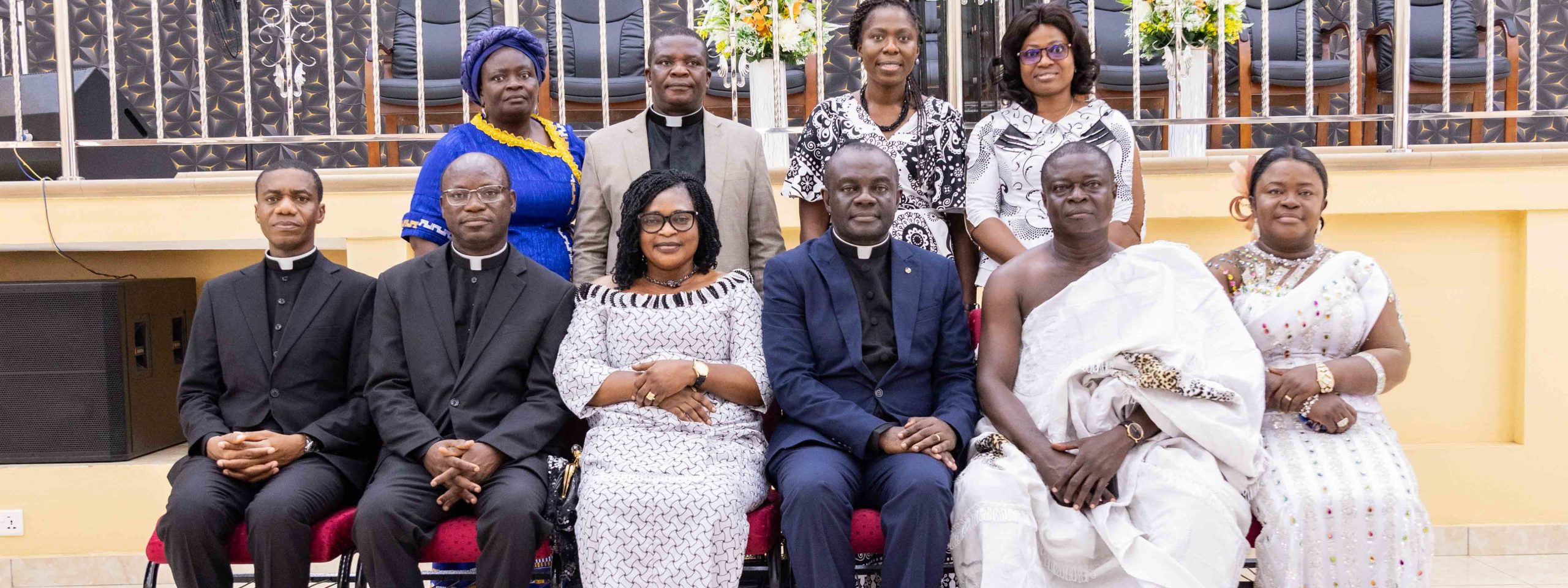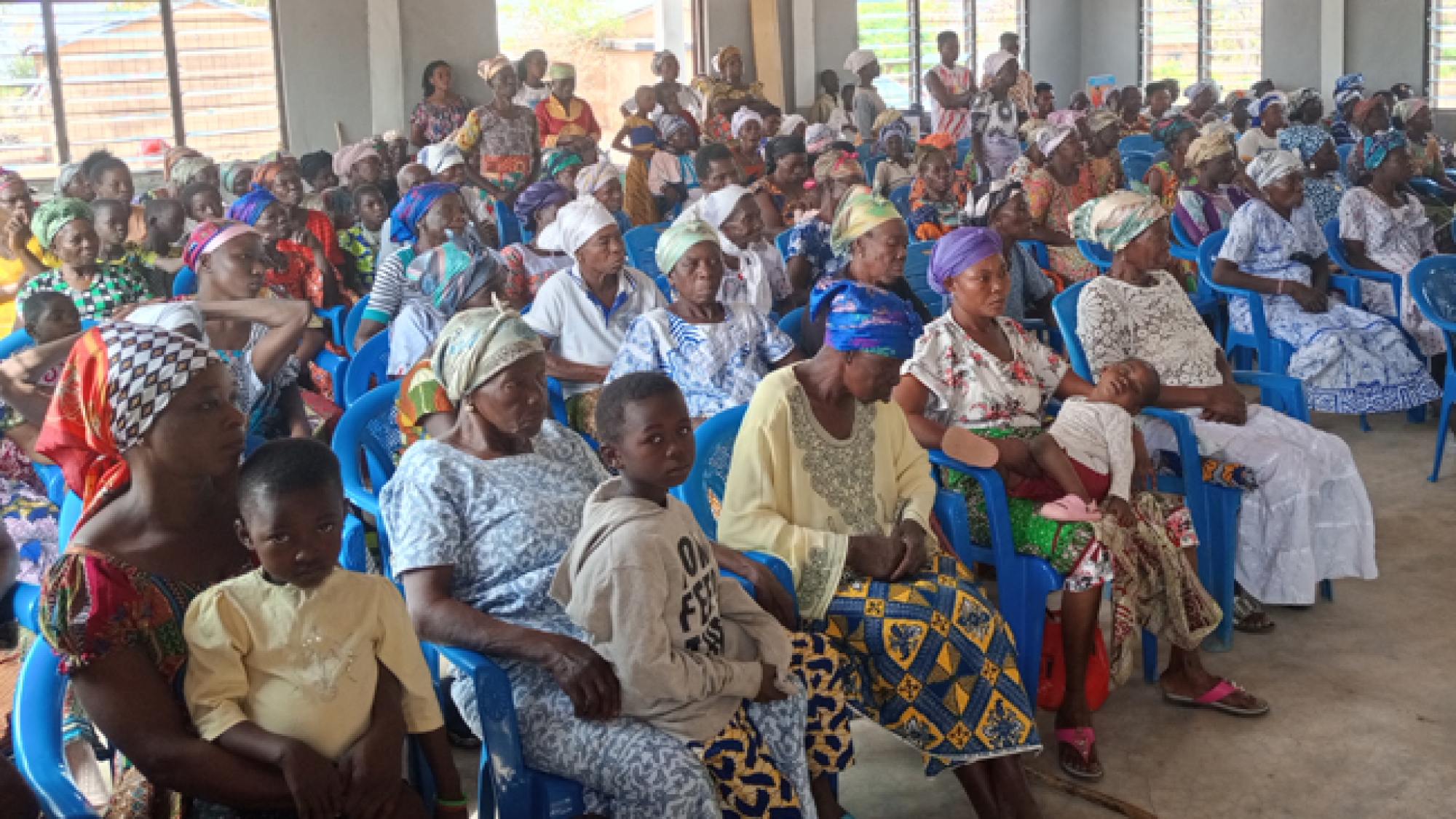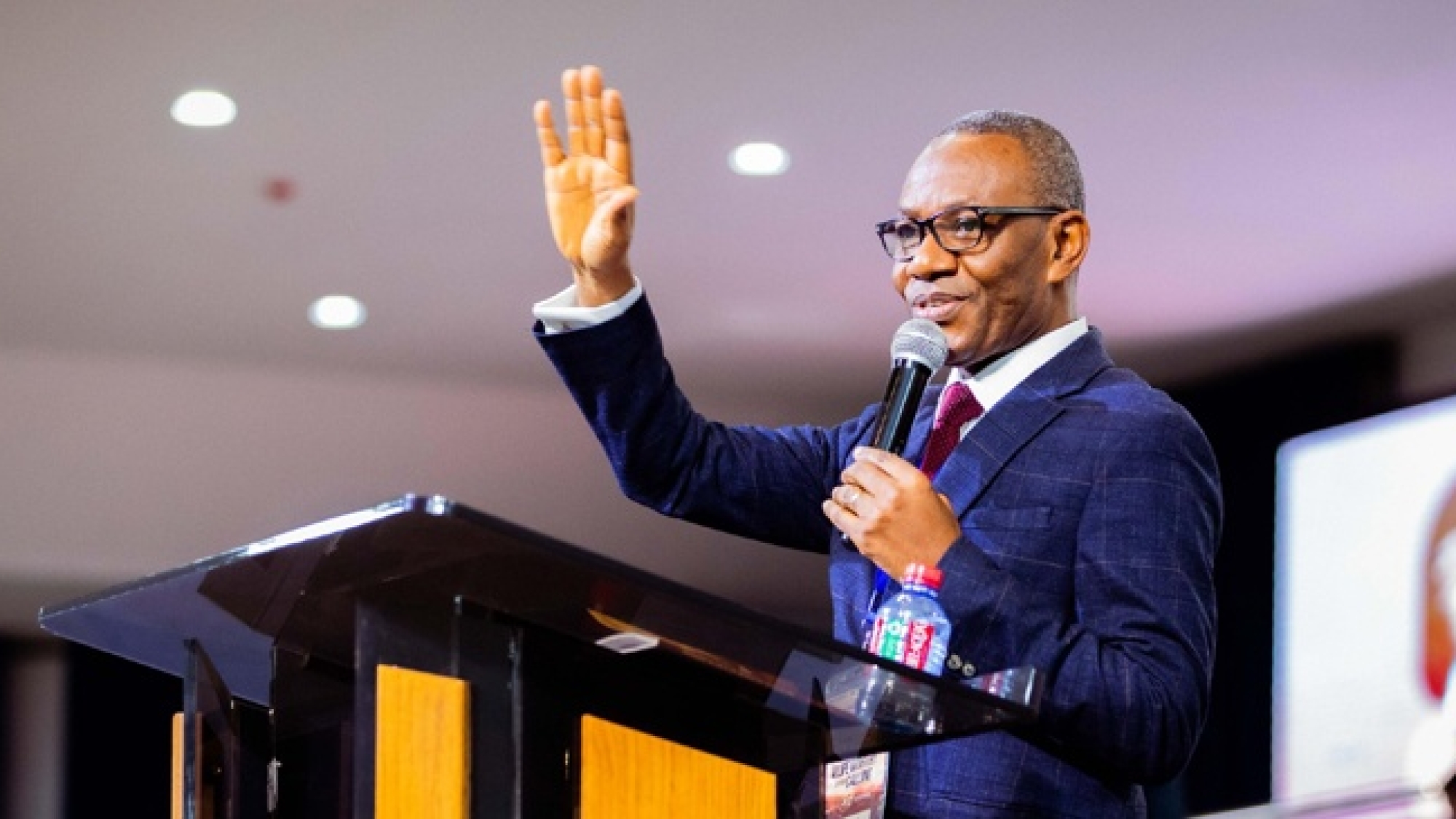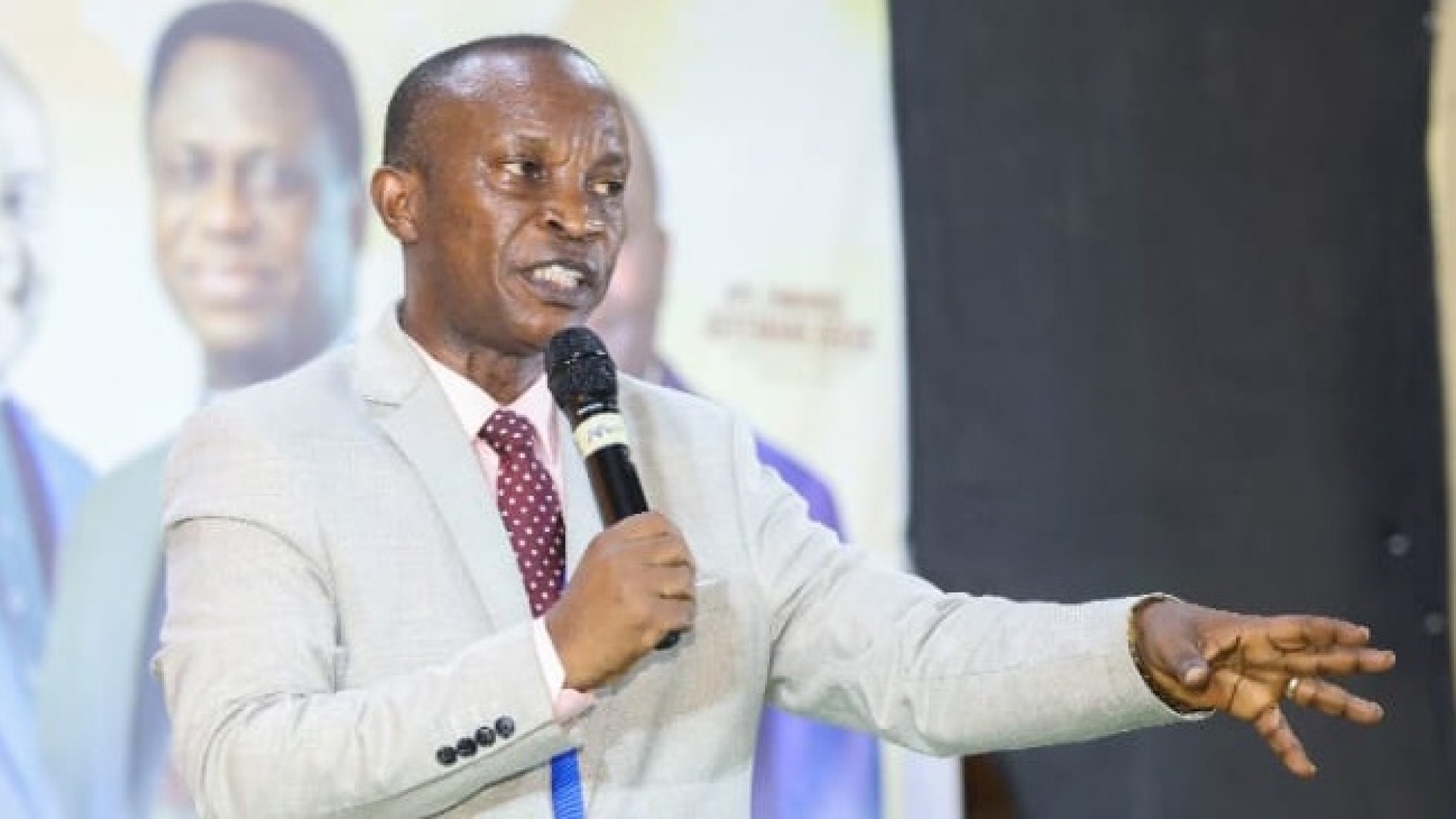Prophet Samuel Tetteh Doku, the New Tafo Area Head of The Church of Pentecost, has urged Christians, especially church leaders, to make Christ known in the world by living lives that glorify God.
He shared this message on Tuesday, February 4, 2025, during the opening of the New Tafo Area Officers’ Retreat at the M. K. Yeboah Memorial Temple, Krofrom, in the New Tafo Zone. The event is being held under the theme, “Unleashed to Live a Life Worthy of Your Calling,” inspired by Ephesians 4:1, 1 Thessalonians 4:7, and Galatians 1:24.
Addressing the topic, “Rationale For Theme 2025,” Prophet Tetteh Doku explained that the theme aligns with the Church’s Vision 2028, which seeks to empower members to transform their spheres with the Kingdom’s values and principles.
He emphasised that Christians are privileged to be called by God, noting that God calls for a purpose — to lead a life worthy of the calling received, thereby effecting a positive change in this corrupt world.
“When God calls you, you must live a life that corresponds to the call,” he stated.
The New Tafo Area Head stressed that Christians are God’s special possessions, tasked with revealing the beauty of Christ to the world through their lifestyles.
Living a life worthy of one’s calling, Prophet Samuel Tetteh Doku explained, involves not only abstaining from negative vices but also embodying virtues such as love, humility, holiness, and peace. This, he said, will inspire others to praise God.
He reminded the participants of their identity as the light of the world, urging them to dispel the darkness that has engulfed the world. He highlighted the significance of Christians representing Christ in their respective professions as they live out their calling.
The Officers’ Retreat, concluding on Friday, February 7, 2025, is being held in five zonal centres within the Area: New Tafo, Sepe, Mile 3, Kenyase, and Bonwire.
Report by Emmanuel Nana Nsiah





